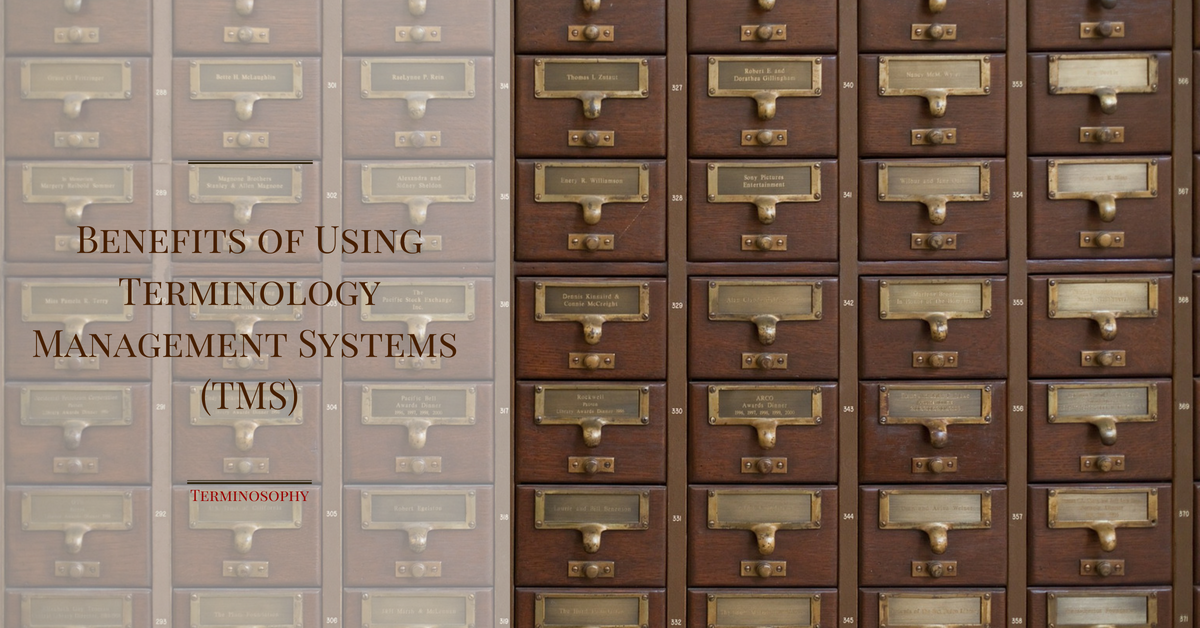Fiesta de Tirgan se trata de una antigua celebración iraní, también conocida como Jashn-e Nilúfar (fiesta del Nenúfar), o Tamuz, que coincide con las celebraciones del solsticio de verano. En primer lugar, indagaremos sobre el significado de algunos elementos y la relación existente entre ellos. Por ejemplo, ¿qué significa Tamuz, y qué tiene que ver con Nenúfar? ¿Cuáles son los elementos míticos y culturales que han unido a numerosos países, con un día señalado, en el que se celebra este fenómeno natural? En esta entrada, responderemos a estas preguntas y daremos más información.
Continue reading “Las variaciones denominativas de una fiesta iraní”




![Mots nous en català / New words in Catalan [Review]](https://terminosophyblog.files.wordpress.com/2017/05/new-words-in-catalan-2.png?w=1024)





